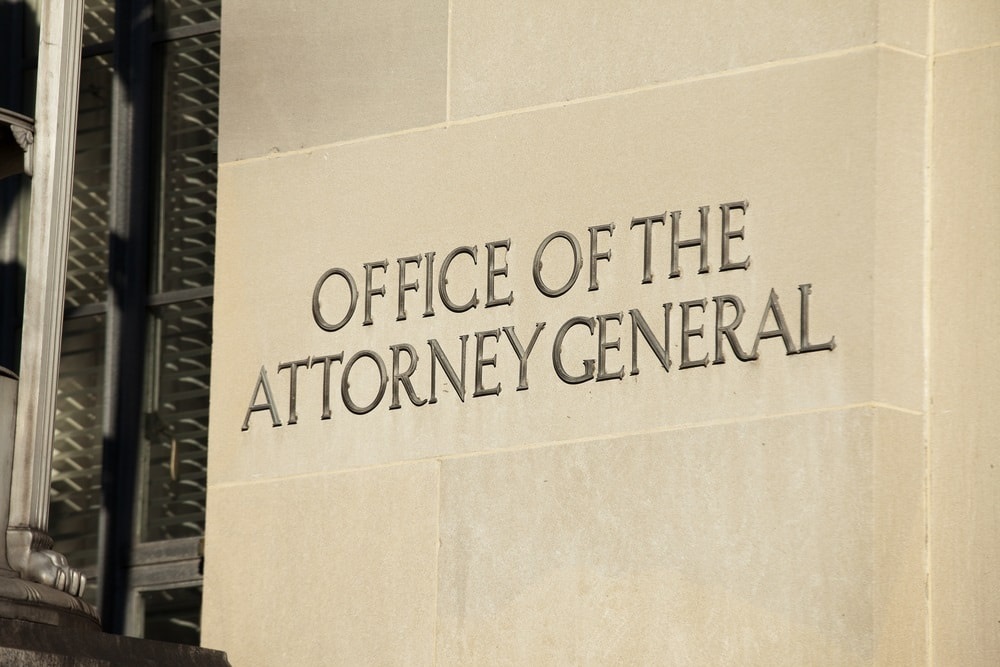Predictions on the FCPA Front
The U.S. government is in a state of flux; with a new President comes a barrage of new appointments. Some systems are being dismantled and the Trump administration has put some key legislation in its sights. Much is changing, but at least one thing remains constant: regulatory compliance must continue to be a priority for businesses.
By: Matt Kelly
Compliance officers trying to figure out how your job will or won’t change during the Trump Administration, look at two events that happened last week. First, Jeff Sessions was confirmed as Attorney General. Second, the Trump Administration and its henchmen put the Conflict Minerals Rule in their sights.
Within those two things are all the implications an ethics and compliance officer needs to consider for your program and the compliance function’s place in Corporate America.
Sessions embodies everything compliance officers need to contemplate for enforcement under the Trump Administration. He has a long history as a prosecutor at the state and federal levels. He is going to prosecute crimes, including the Foreign Corrupt Practices Act and export-control law. Compliance with those laws was a priority for compliance officers before Donald Trump, and compliance will be a priority for you still.
The change will be about which targets Sessions wants to pursue: more individuals, fewer companies.
My guess is that this will mean a sharper need for compliance programs to demonstrate effectiveness. If you can, the Justice Department under Sessions won’t just let you off with a deferred prosecution agreement and minor penalties; my guess is that the Sessions Justice Department will let most companies avoid punishment entirely.
That idea is really just the FCPA Pilot Program taken to its logical conclusion. The Pilot Program offers companies steep discounts on potential penalties, provided that companies report violations voluntarily, provide evidence to help prosecutors target individual offenders and remediate problems in their compliance efforts.
Well, if the Pilot Program were to promise no penalties if a company meets all those requirements — that fits what Sessions has said before. The program is up for renewal in April, and I’ll die of shock if Sessions doesn’t expand and enshrine its principles as Justice Department policy somehow.
So compliance officers need to start thinking: how can you gear your compliance program so that it meets those principles easily? That is, when you do discover an FCPA violation, how should your compliance program be operating so you can call up the Fraud Section and say, “We have a problem; here’s everything you need wrapped in a bow. Can we get to the no-penalty part please?”
For starters, compliance programs will need be sure their e-discovery and document retention policies are strong, so you can cooperate with prosecutors effectively. You’ll need effective systems to identify improper payments. You’ll need effective due diligence programs.
This is probably the point where you start thinking, tell me something I don’t know — but that’s precisely my point. Companies are still going to need FCPA compliance programs. Regardless of whether FCPA enforcement is mostly a stick to punish offenders (the Obama Administration) or mostly a carrot to entice cooperation (the Trump Administration), the common denominator is the existence of a compliance program. How the program works will change around the edges, but it won’t change in substance.
Conflict Minerals Disclosure, Farewell
More interesting was the Trump Administration’s decision to put a target on the Conflict Minerals Rule. First, acting SEC Chairman Michael Piwowar announced a plan to “reconsider” the Conflict Minerals Rule, under the theory that it isn’t producing the benefits Congress had hoped to see. Then came news that Trump is planning to issue an executive order that would suspend the rule for two years.
Let’s not mince words. Republicans are going to kill the Conflict Minerals Rule. Exactly how and when, we don’t know. Probably Trump will suspend it long enough for the SEC to re-propose a new rule watered down to the point of toothlessness. Regardless, it’s a dead man walking.
What we think about the rule itself is irrelevant. Where Sessions’ arrival at the Justice Department tells us a lot about the future of enforcement, how the SEC will handle this rule tells compliance officers a lot about the future of disclosure.
The SEC, Republicans in Congress and the Trump Administration are going to mount a full-court press to repeal all sorts of disclosure rules. Piwowar has already also re-opened the CEO Pay Ratio Disclosure Rule for more comment. Republicans killed the Extractive Payments Disclosure Rule the other week.
The Conflict Minerals Rule stands apart from the others because lots companies have already invested considerable time and resources to root out conflict minerals from their supply chain. Intel, for example, has a whole mini-website dedicated to its conflict minerals program. A cottage industry now exists for the eradication of the conflict minerals trade.
The compliance community has always said that good ethical conduct gives companies a competitive edge. Well, now is our big chance to prove it, because as requirements for good ethical conduct start falling by the wayside, the only reason companies will keep undertaking these efforts is if they do provide a competitive advantage.
We’re going to see more debates like this in the future. As Republicans repeal rules intended to drive social policy by public disclosure, they will always be able to say, “If shareholders feel so passionate about Issue X, they can always adopt a bylaw requiring the company to disclose X anyway.”
Then will come the battles with institutional investors. For example, the Corporate Human Rights Benchmark is an effort by institutional investors to steer corporate behavior on human rights, and that benchmark depends on just the sort of disclosure the Conflict Minerals Rule requires. How will the CHRB continue to squeeze those disclosures out of corporations when they’re no longer required? With some pointed conversations and social media campaigns, I’m sure. (Plus, let’s remember, conflict minerals disclosure still exists in the European Union.)
In other words, as Washington peels back “social policy disclosure rules,” issues that had been compliance headaches may evolve into investor relations and governance headaches. What will your role be in helping the board ease those pains? Every company and board will answer that in its own way. But it’s a question compliance officers should contemplate.
This piece was originally shared on Matt Kelly’s Radical Compliance blog and is republished here with permission.










